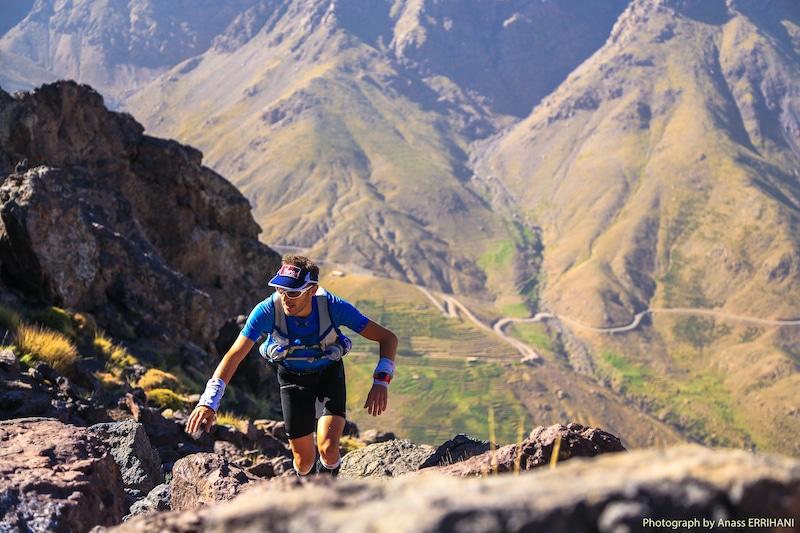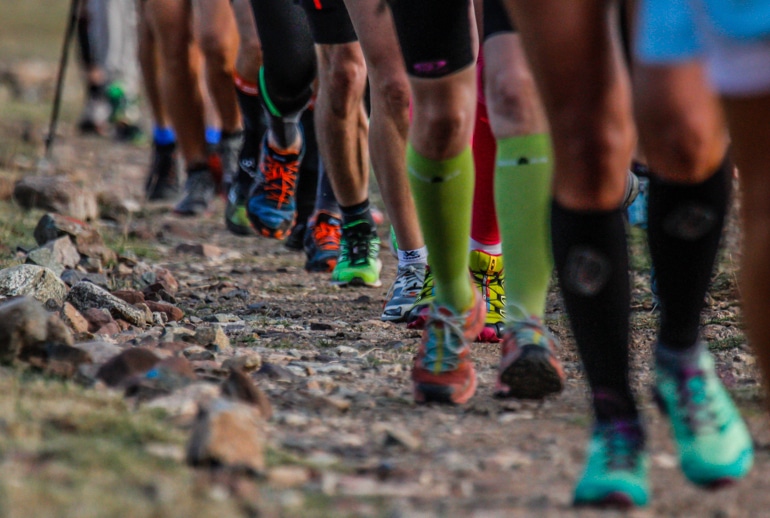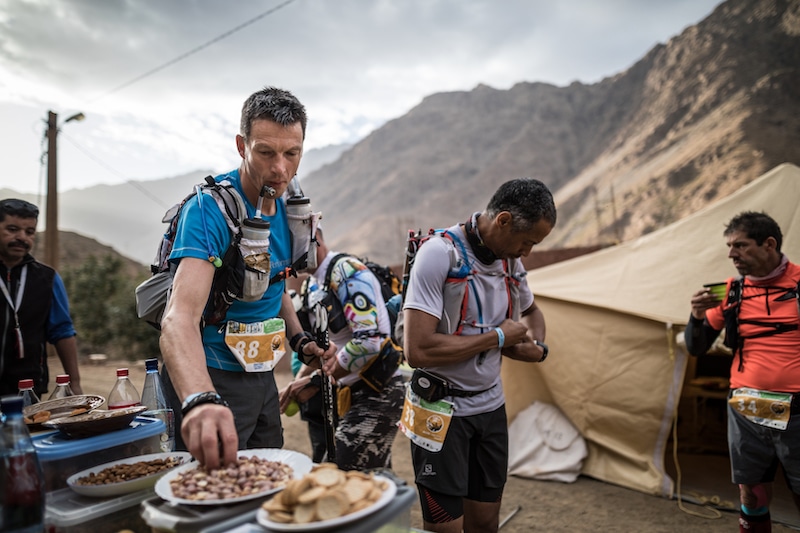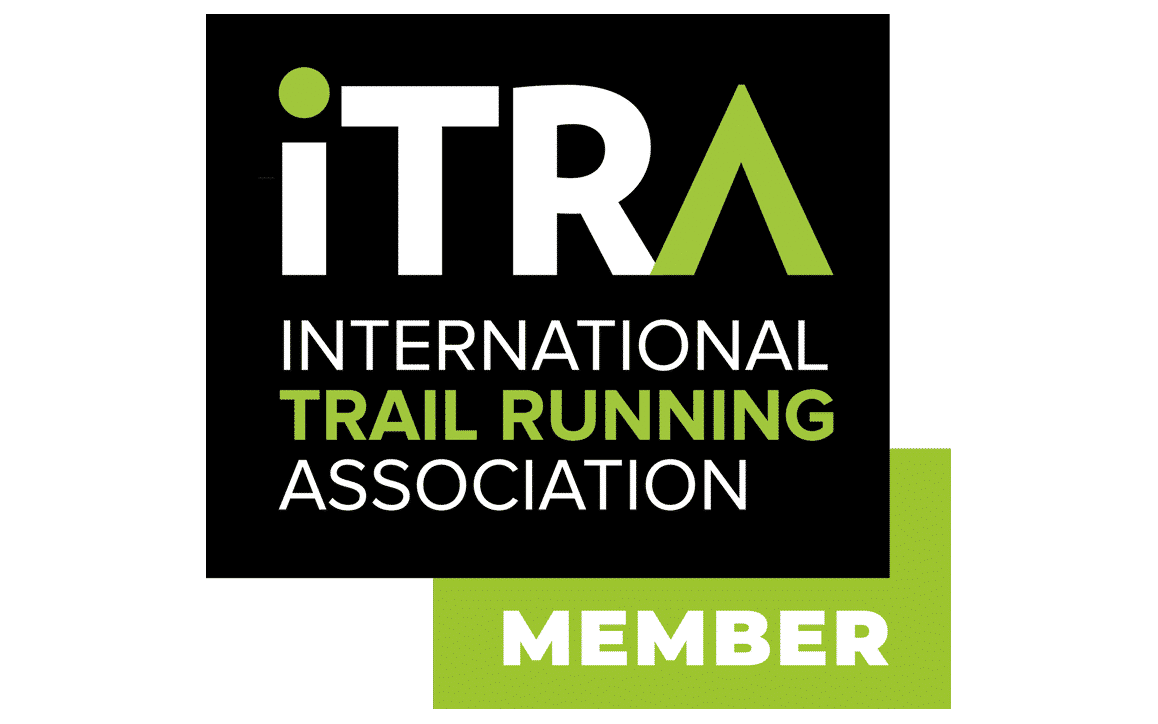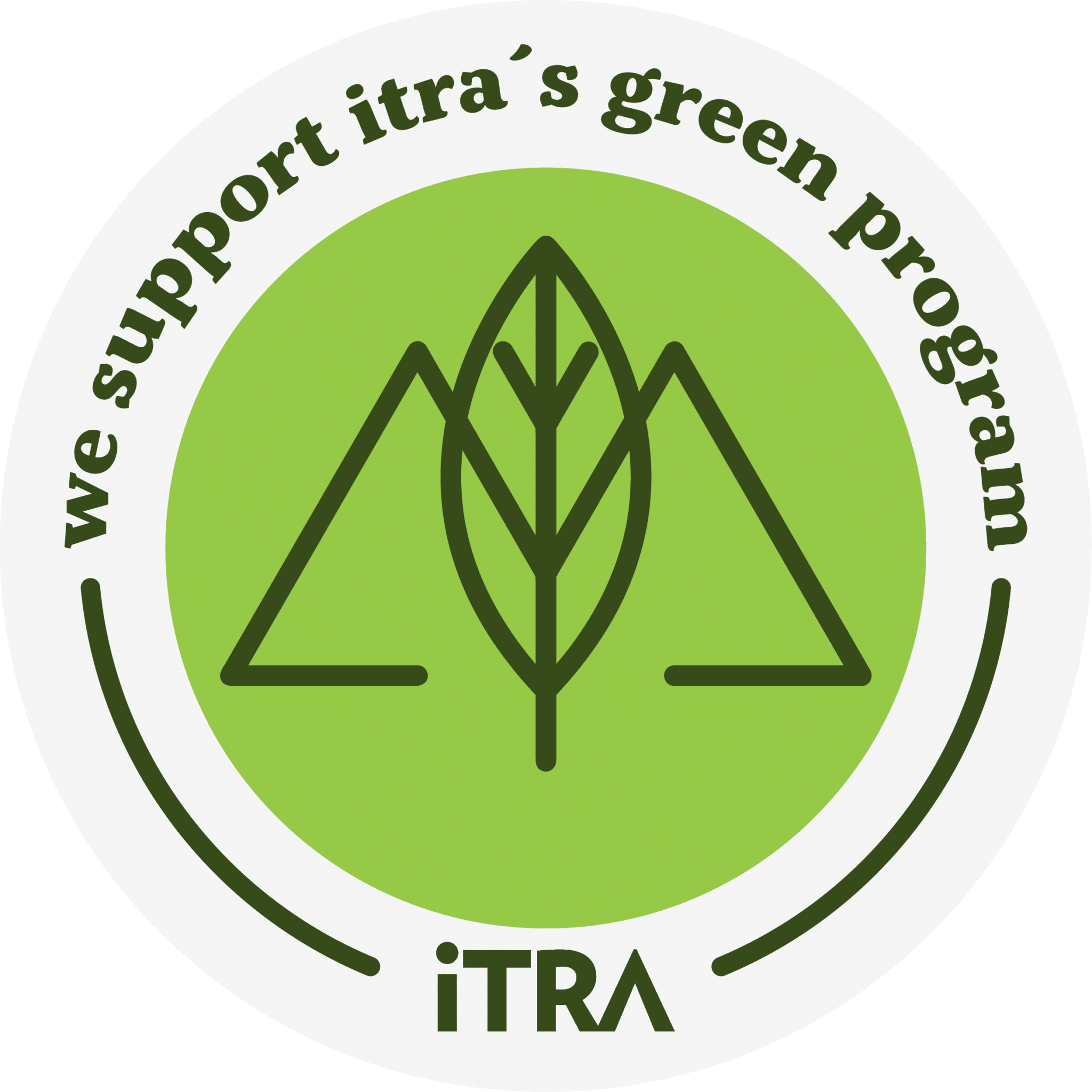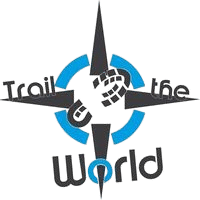Optimize recovery
During a period of intensive training the main risk for an athlete is poor management of the recovery phases.
Point of departure
When participating in a race or doing a tough training session, the body is exposed to a maximum physical and mental stress. This stress disturbs the internal balance of the body (what physiologists call the homeostasis), this results in a state of heavy fatigue. During the post-effort phase the body reacts by a number of processes to compensate for the disturbances and restore normal physiological level. The time required to reach a complete recovery is all the longer the more exhausting the effort.
However, whatever the type of effort, the recovery speed is influenced by several parameters, such as training level, environmental conditions (weather, altitude), sleep, psychological condition, adjuvants (massage, thalassotherapy), ancillary activities (professional, family) and nutrition.
Facilitate recovery through nutrition
To speed up the recuperation process, nutrition is the athletes first tool. The purpose of the recuperation is to dissipate fatigue.
The main purposes of this recuperation are:
- Rehydrate the body,
- Restore energy reserves,
- Dispose of acid waste,
- Stimulate muscle synthesis.
To do this, the specialists agree that there exists a « slot for metabolic recuperation » of between 6 to 8 hours after the end of the effort, a time during which the recuperation process can be optimized.
The following recovery protocol can be implemented during this time:
- During the first hour it is advisable to rehydrate with a recovery drink including 50g of carbohydrates, for 25g of protein. This mixture allows the restoration of glycogenic reserves and promotes protein synthesis (muscle fibers, hormones). In addition, it promotes the release of insulin, a hormone that allows the muscular incorporation of carbohydrates and amino acids.
The concomitant consumption of carbonated mineral water rich in bicarbonate and sodium will allow to compensate the body acidity by buffering effect, while effectively rehydrating the body.
To rehydrate effectively, it is advisable to drink a quantity of drink equal to 1.5 times the body weight differential observed before and after the effort.
- Around an hour before the end of the race, when the feeling of hunger comes back, the first solid food can be included in the ration: dried fruits, cereal bars, small sandwiches, steamed potatoes… We recommend 50g of carbohydrates intake per hour.
- A few hours before the end of the race, we recommend a meal of egg-milk-veggies. Ideally composed of :
- A vegetable soap (different veggies and potatoes)
- Raw veggies + virgin oil (colza, olive, soja…)
- Starchy: pasta, rice, potatoes, beans
- Eggs (2 or 3)
- Dairy (yogurt)
- At bedtime, a supplement with amino acids ( leucine, isoleucine and valine, glutamine) this will supplement the aforementioned nutritional advice specially to stimulate muscle synthesis, support the immune system and promote recovery of the nervous system.
It is crucial, to avoid slowing down the recuperation process, to avoid all acid foods (alcohol, soft drinks, red meat…) for the first 24Hrs post-race.
Other recuperation procedures
- Respect the alternation training/recuperation, is a basic principle of physical preparation. Respecting a phase of recuperation following a phase of training allows the body to assimilate the work performed and adjust to the physical constraints endured. To progress with regularity, it is necessary to harden the workouts and optimize the post-workout recovery. Nothing can replace rest when the fatigue is important.
- Do not neglect sleep. Sleep is one of the 3 pillars of being in good form, as explained in this article : http://www.wts.fr/les-3-piliers-de-la-forme/. To ensure a good recuperation sleep should be sufficient in time and quality, while being regular. The last point is particularly important: in fact, studies of daily cycles shows that changes in rhythm are particularly tiresome and affects an athlete’s recuperation. It’s a fact with persons working in shifts or those who often are under the effects of jet lag, due to frequent intercontinental travel.
- Exercise to eliminate : a few hours after finishing to a low impact exercise of 10 to 15 minutes, at very low intensity (50-60% of maximum heart rate) will allow the toxins produced by the muscle groups solicited during the race to evacuate to the organs “in charge” (kidneys, liver…). It is preferable to do an exercise different from the race (walking, swimming or a pedaling slowly).
- Stretch or have a massage to drain muscle fibers and reduce neuromuscular tension. Similarly, hydrotherapy is a complimentary technique of alternating hot (28°C) and cold (12°C) baths. The cold vasoconstriction (decrease in blood vessel diameter) and reduce the inflammatory process. The heat causes vasodilation and facilitates the drainage of the muscle fibers. Taking inspiration from this, you can spray your leg muscles alternating between very hot and very cold water.
In conclusion, optimizing the recovery of your physical potential at the end of a big training session, a training course or a race, is a guarantee to resume training quicker and in good conditions. In addition, if you apply the above-mentioned advice you limit the possibility of overtraining syndromes.

